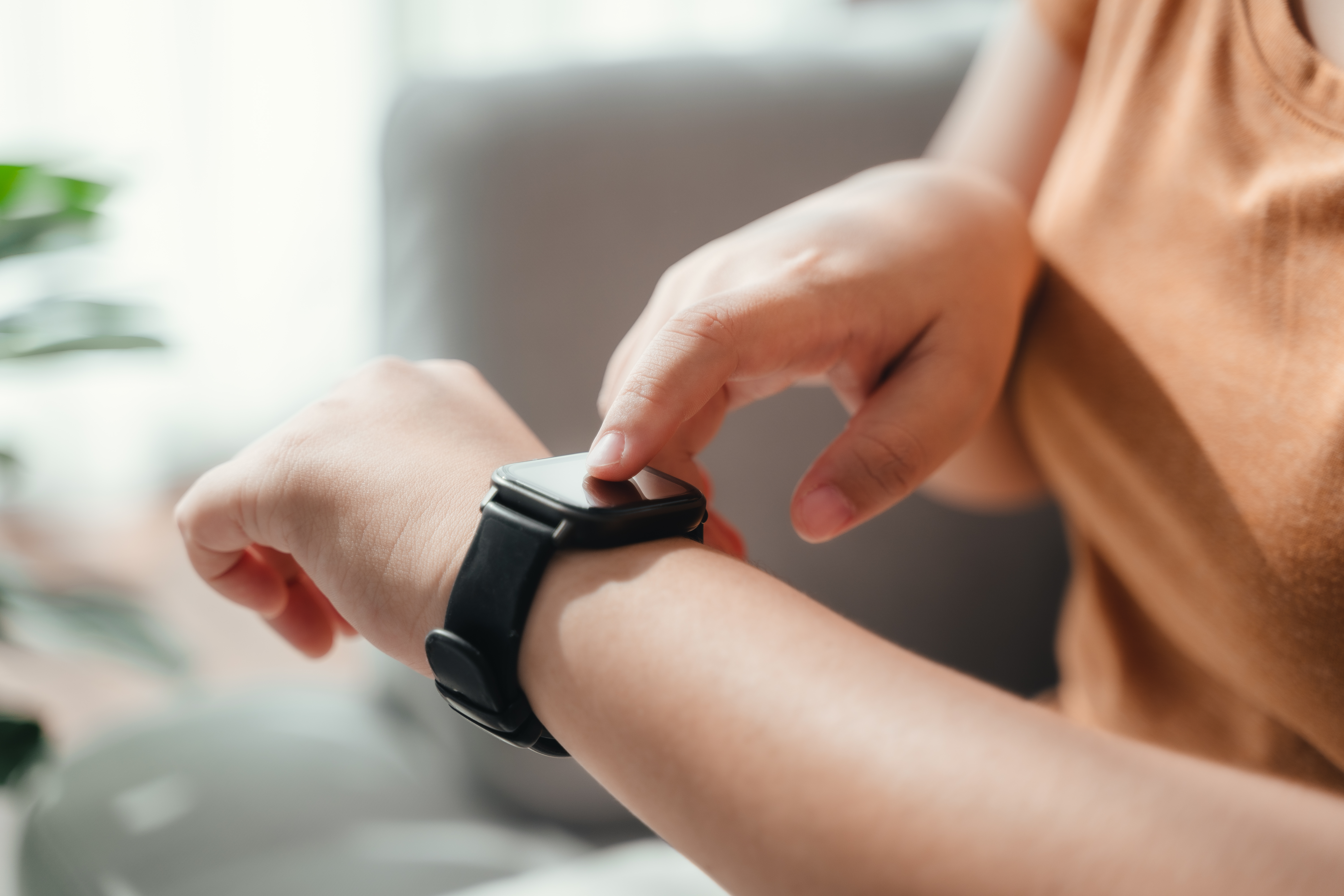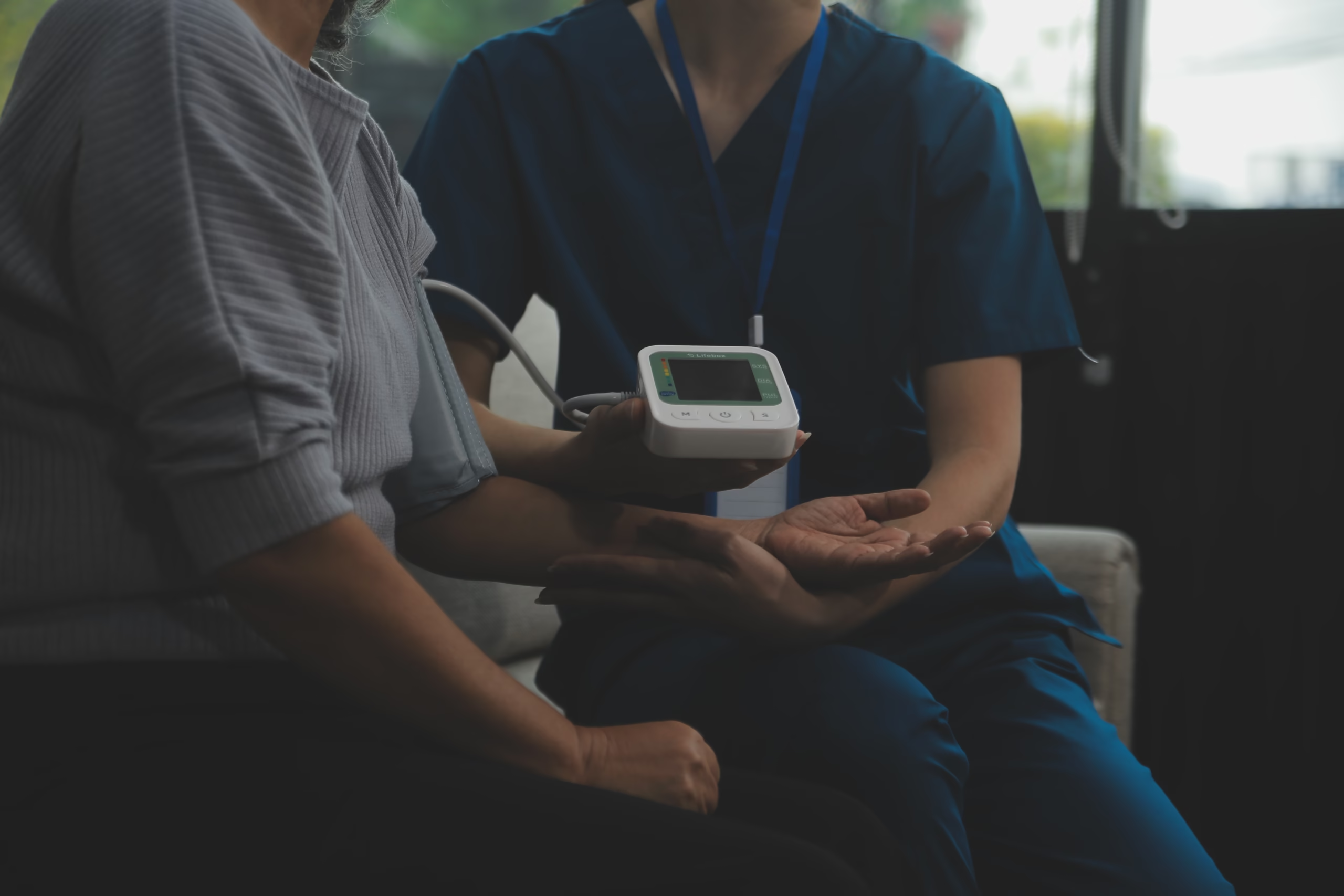For cardiac patients, consistent health monitoring is a lifesaver. These devices provide real-time data, empowering patients to take control of their heart health. Moreover, they reduce the need for frequent hospital visits, offering convenience and peace of mind. With advancements in technology, home monitoring devices have become more accurate and user-friendly. They bridge the gap between patients and healthcare providers, ensuring timely interventions and better outcomes.
What to Look for in Home Monitoring Devices for Cardiac Care
Choosing the right device can be overwhelming. Start by evaluating your specific needs. Look for devices with high accuracy and reliable data reporting. However, Connectivity features, like smartphone integration, are a bonus. Ease of use is crucial—complicated devices can discourage regular monitoring. Finally, ensure the device has received proper certifications and endorsements from medical authorities.
Top 7 Best Home Monitoring Devices for Cardiac Patients in 2025
- KardiaMobile 6L by AliveCor
- A portable ECG monitor that provides six-lead ECG readings in 30 seconds.
- Omron Platinum Blood Pressure Monitor
- A highly accurate device for tracking blood pressure with smartphone compatibility.
- Apple Watch Series 9
- Includes sophisticated blood oxygen tracking, ECG, and heart rate monitoring.
- Fitbit Charge 6
- A fitness tracker with heart rate monitoring and stress management tools.
- Withings BPM Connect
- A wireless blood pressure monitor that syncs with a user-friendly app.
- iHealth Wireless Pulse Oximeter
- Tracks oxygen saturation levels and heart rate, ideal for cardiac patients.
- CardioComm HeartCheck Pen
- A compact, handheld ECG monitor for quick and reliable readings.

KardiaMobile 6L by AliveCor – Key Features and Benefits
This device stands out for its precision and portability. It delivers six-lead ECG readings, helping detect atrial fibrillation, bradycardia, and tachycardia. Although, The Kardia app stores results, allowing easy sharing with your doctor. Lightweight and compact, it fits into your pocket, making it perfect for on-the-go monitoring.
Omron Platinum Blood Pressure Monitor – Why It Stands Out for Cardiac Monitoring
Because Omron Platinum provides clinically accurate blood pressure readings, it is trusted. It features Bluetooth connectivity, enabling users to sync data with the Omron Connect app. The monitor also detects irregular heartbeats, providing an extra layer of safety for cardiac patients. Although, Its easy-to-read display makes it user-friendly for all age groups.
How Home Monitoring Devices Help Cardiac Patients Stay Safe
These devices offer early detection of potential issues. By tracking heart rate, blood pressure, and other vitals, they provide actionable insights. By enabling patients to act right away, issues can be avoided. Additionally, they enable remote monitoring, allowing doctors to keep an eye on their patients from afar. This level of care ensures timely interventions and improved outcomes.
The Benefits of Using Home Monitoring Devices for Heart Health
Home monitoring devices offer numerous benefits. Although, They reduce the need for frequent clinic visits, saving time and money. Patients gain better control over their health, making informed decisions with real-time data. These devices also encourage lifestyle changes, as users can see the impact of their habits on their heart health. Moreover, they enhance communication with healthcare providers through accurate data sharing.
How to Choose the Best Home Monitoring Device for Your Needs
Identify your health priorities first. If you need ECG monitoring, choose a device designed for that. For general cardiac care, opt for multi-functional gadgets. Compare features and read reviews before purchasing. Ensure the device is easy to operate, especially if it’s for elderly patients. However, Always consult your doctor to confirm the device meets your medical needs.
Tips for Effective Use of Home Monitoring Devices for Cardiac Patients
Using these devices regularly is key. Set reminders to track your vitals daily. Keep the device clean and charged. Sync data with the app for accurate record-keeping. Hence, Share your readings with your doctor during appointments. Avoid self-diagnosing—these devices are tools to assist your doctor, not replace them.
The Future of Home Monitoring Devices in Cardiac Care
The future is promising. Innovations like AI integration and advanced sensors are making devices more reliable. Wearable tech is expected to dominate, offering more comprehensive health tracking. As technology evolves, these devices will become more affordable and accessible. However, They’re shaping a new era of preventive healthcare, ensuring better management of cardiac conditions.
FAQs
- Are these devices accurate?
Most devices are highly accurate when used correctly. Always follow the manufacturer’s instructions. - Do I still need to visit a doctor?
Yes, these devices complement regular check-ups but don’t replace professional medical advice. - Which device is best for me?
It depends on your specific needs. Consult your doctor for recommendations.
Finding the Right Home Monitoring Device for Cardiac Health
Home monitoring devices are invaluable for cardiac patients. However, They offer real-time data, improve safety, and empower individuals to take charge of their health. By choosing the right device and using it effectively, you can ensure a healthier and more secure future. The journey to better heart health starts with the right tools.

